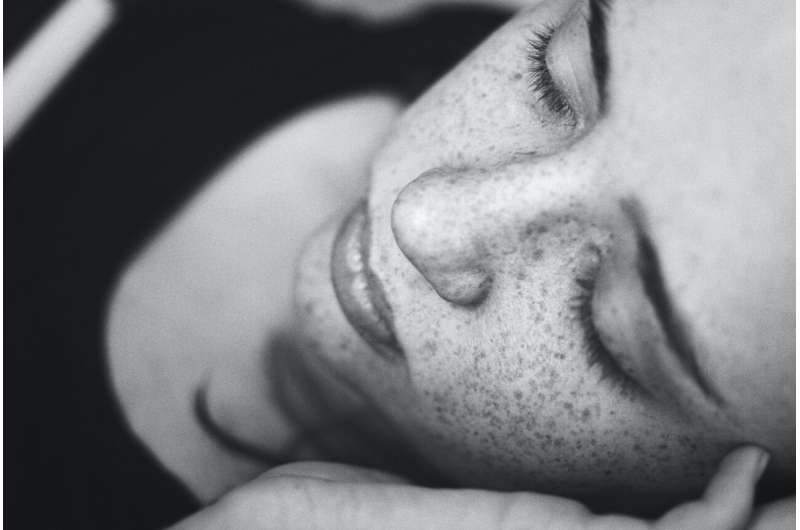Majority of U.S. Adults Open to At-Home COVID-19 Testing, Study Finds

A new study shows that 70% of U.S. adults are willing to perform at-home COVID-19 tests, highlighting the importance of promoting self-testing to control the virus spread.
A recent study published in JAMA Network Open reveals that approximately 70% of adults in the United States are willing to perform COVID-19 testing at home if they suspect infection. The research, led by Dr. Kimberly A. Fisher from UMass Chan Medical School, analyzed responses from over 2,000 U.S. residents through a nationwide online survey conducted between October 31 and November 7, 2024.
Participants were asked about their intentions to self-test for COVID-19, with findings indicating a strong inclination towards testing, especially among individuals over 60, non-Hispanic Black, Hispanic, or those identifying with multiple races. Factors influencing testing behavior included health status, trust in the healthcare system, reliance on data for health decisions, and prior experience with COVID-19 self-testing.
However, some barriers were identified. Over half of respondents who were hesitant or unsure about testing cited a lack of perceived need, doubts about the usefulness of knowing their COVID-19 status, distrust in test results, a desire to avoid knowing, limited access to testing locations, and affordability concerns.
Experts warn that reluctance or delays in testing could impede timely treatment with antiviral medications and increase the risk of virus transmission. Thus, raising awareness about the importance and benefits of home testing remains a crucial public health goal.
The study underscores the need for targeted strategies to encourage testing, especially among populations with higher hesitancy, to better control COVID-19 spread and improve health outcomes.
For more details, see the full study in JAMA Network Open (2025).
Stay Updated with Mia's Feed
Get the latest health & wellness insights delivered straight to your inbox.
Related Articles
Research Shows Limited Adherence to Teen Pre-Bed Sleep Guidelines and Minimal Impact on Sleep Quality
A study reveals that most teenagers do not follow pre-bed sleep guidelines, and adherence has little effect on sleep quality, prompting calls for revisiting sleep recommendations for youth.
Breakthrough Research Unveils MicroRNAs' Role in Psychiatric and Neurodegenerative Diseases
Recent research has identified specific microRNAs that may influence the development of psychiatric and neurodegenerative diseases, offering new insights into gene regulation in brain health.
Low Treatment Rates for Alcohol Use Disorder in Cancer Survivors Highlight Systemic Gaps
Cancer survivors in the U.S. are receiving treatment for alcohol use disorder at very low rates, with only 14.3% initiating treatment within a year of diagnosis. Systemic barriers and stigma contribute to this gap, underscoring the need for improved screening and care.
Innovative AI Tool Enhances Heart Disease Detection Using Standard ECG Data
A cutting-edge AI tool analyzes routine ECG data to detect hidden structural heart diseases, promising earlier diagnosis and treatment opportunities. Developed by Columbia University researchers, EchoNext offers a cost-effective, non-invasive method to identify patients needing further cardiac evaluation, potentially saving countless lives.



